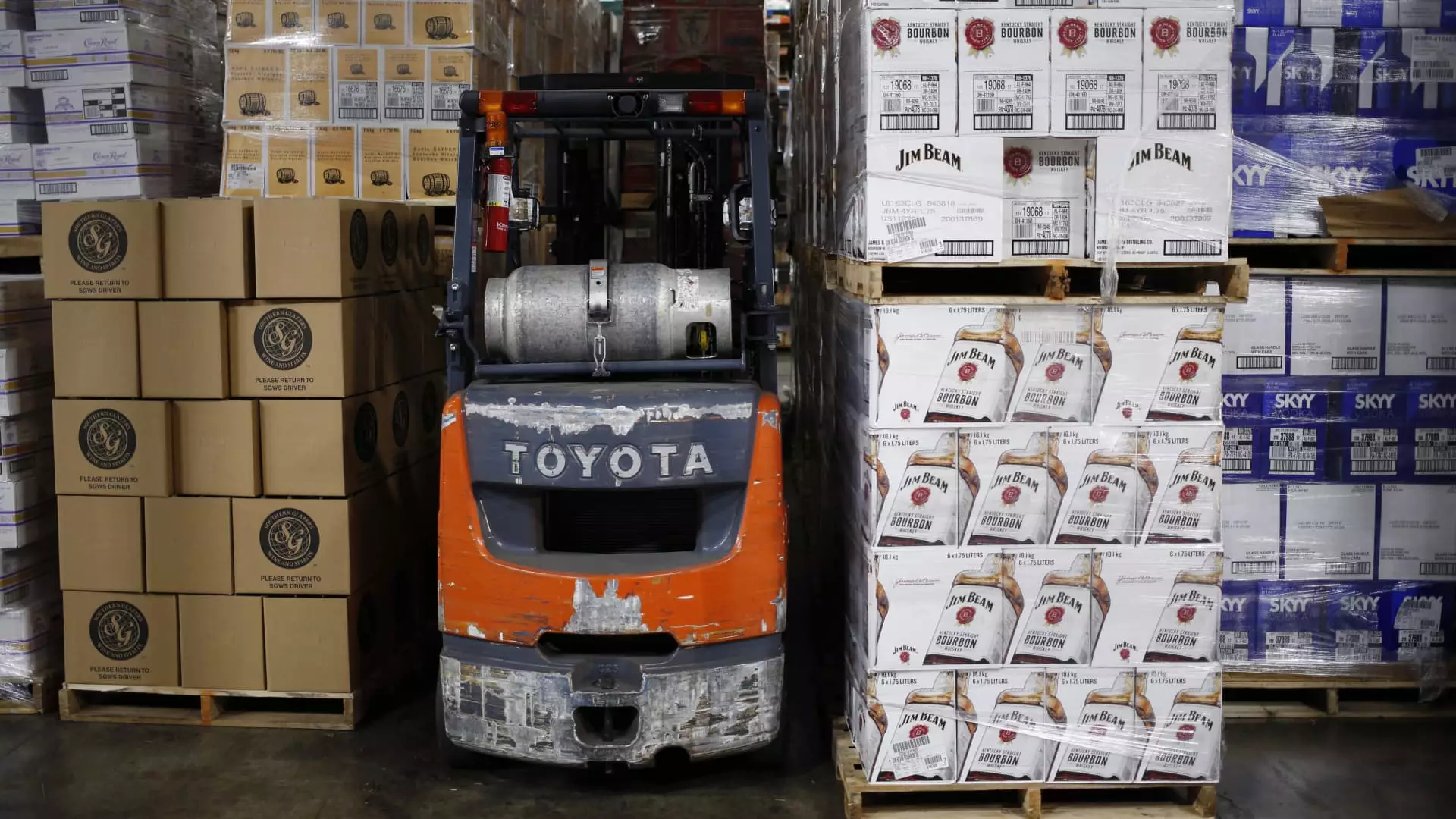The Federal Trade Commission (FTC) has initiated a significant legal challenge against Southern Glazer’s Wine and Spirits, the largest wine and spirits distributor in the United States. This landmark lawsuit highlights accusations of illegal price discrimination that allegedly favors large retail chains such as Costco, Kroger, and Total Wine & More at the expense of smaller, independent retailers. The implications of these practices could have wide-reaching effects on local businesses and consumer choice, as the FTC contends that unfair pricing models have effectively hampered competition in the market.
Southern Glazer’s Wine and Spirits, a privately held enterprise that generated around $26 billion in revenue in 2023, stands accused of depriving smaller grocery stores, convenience shops, and independent liquor outlets of equitable access to discounts and rebates. The company’s extensive distribution of approximately 5,600 brands represents a significant market share, raising critical questions about how pricing tactics impact the smaller players in the industry. According to the FTC, these alleged discriminatory practices have created significant hurdles for local businesses, making it increasingly difficult for them to compete with larger retail chains.
Legal Framework: The Robinson-Patman Act
The crux of the lawsuit rests on the violations of the Robinson-Patman Act, a federal law enacted to prevent price discrimination among competing buyers. It is designed to ensure that companies offer fair pricing practices across the board, thereby maintaining a healthy competitive environment. FTC Chair Lina Khan voiced concern over the situation, stating that distorted pricing strategies not only diminish the ability of small enterprises to thrive but also result in fewer choices and elevated prices for consumers. The FTC’s efforts aim to reestablish the principles of fair competition as mandated by Congress, a pursuit that has seemingly been overlooked for decades.
The ongoing legal battle promises to have significant repercussions that extend well beyond the affected retailers. When local businesses are squeezed out of competitiveness due to unfair pricing, consumers ultimately pay the price. With fewer options in the marketplace, prices rise, and the diversity of products available shrinks. This has a cascading effect on communities, often leading to economic stagnation and reduced consumer satisfaction. The FTC’s actions are presented as a necessary countermeasure to restore fairness and stability within the market.
As this story develops, Southern Glazer’s Wine and Spirits has yet to respond publicly to the FTC’s allegations. The lawsuit, filed in the U.S. District Court for the Central District of California, asserts that discriminatory pricing practices have been operant since at least 2018. Notably, Southern is a distributor for several high-profile brands, including Pernod Ricard, Bacardi, and Diageo. As the legal proceedings unfold, the industry’s future may hinge on the outcomes of this pivotal case, marking a potential turning point in how wine and spirits are priced and distributed across the United States. The ongoing developments warrant close attention from both consumers and industry players who are invested in maintaining a fair and competitive market landscape.


Leave a Reply